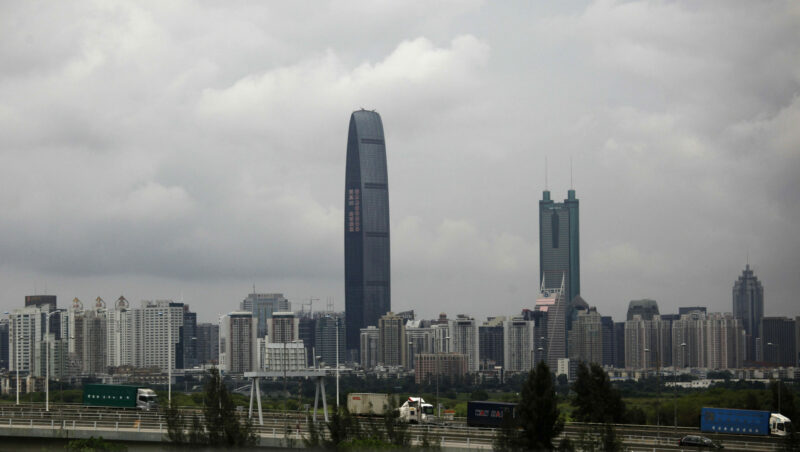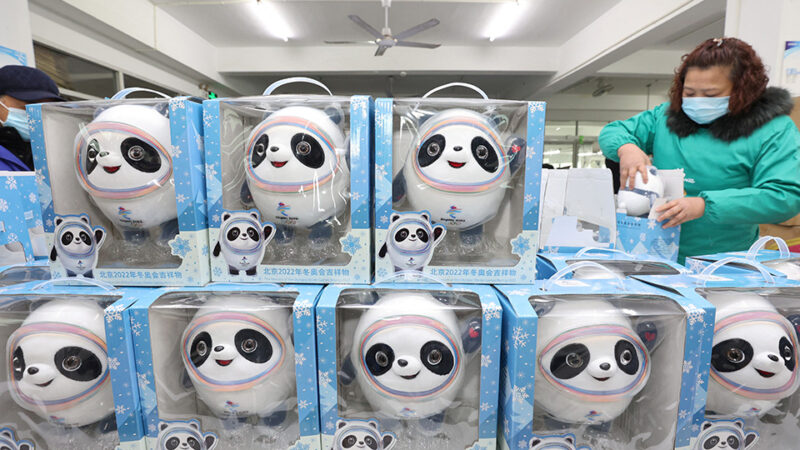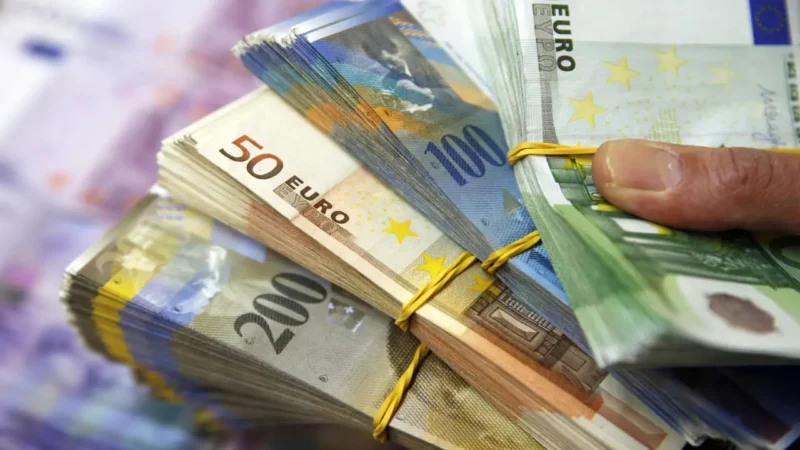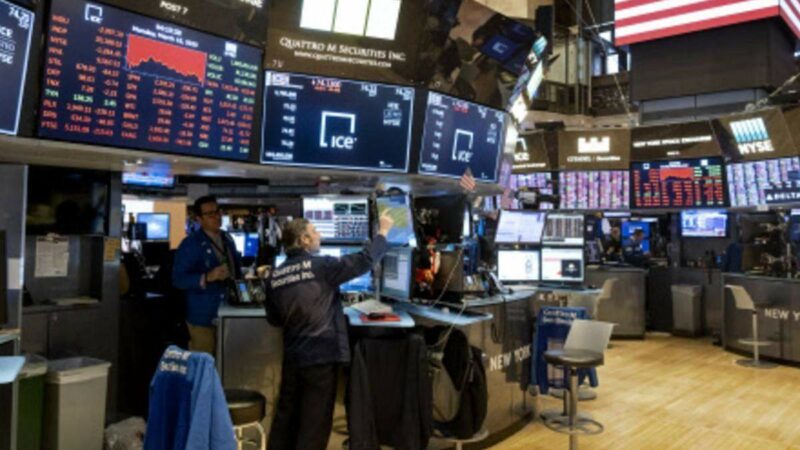China seeks after tech ‘confidence,’ energizing worldwide disquiet

Processor chips assume an inexorably basic part in items from cell phones and vehicles to clinical gadgets and home apparatuses. Deficiencies due to the Covid pandemic are upsetting worldwide assembling and adding to stresses over provisions.
“Confidence is the establishment for the Chinese country,” President Xi Jinping said in a discourse delivered in March. He called for China to turn into a “innovation superpower” to protect “public monetary security.”
Other new kid on the block chip engineers including Tencent, a games and online media goliath, and cell phone brand Xiaomi are vowing billions of dollars in accordance with true intends to make figuring, clean energy and other innovation that can fabricate China’s riches and worldwide impact.
Chips are a main concern in the decision Communist Party’s long distance race mission to end China’s dependence on innovation from the United States, Japan and different providers Beijing considers to be possible financial and key opponents. Assuming it succeeds, business and political pioneers caution that may dial back advancement, upset worldwide exchange and make the world less fortunate.
Its kid chip unit, T-Head, divulged its third processor in October, the Yitian 710 for Alibaba’s distributed computing business. Alibaba says until further notice, it has no designs to offer the chip to outcasts.
“We should endeavor to turn into the world’s fundamental focus of science and the key position of development,” Xi said.
To assist with making China an independent “innovation superpower,” the decision Communist Party is pushing the world’s greatest web based business organization to assume the precarious, costly business of planning its own processor chips a business not at all like anything Alibaba Group has done previously.
Beijing’s effort is adding to pressure with Washington and Europe, which consider China to be an essential contender and whine it takes innovation. They limit admittance to apparatuses expected to further develop its enterprises.
China’s manufacturing plants gather the world’s cell phones and tablet PCs however need parts from the United States, Europe, Japan, Taiwan and South Korea. Chips are China’s greatest import, in front of raw petroleum, at more than $300 billion last year.
On the off chance that the world were to decouple, or split into business sectors with contrary principles and items, U.S.- or European-made parts probably won’t work in Chinese PCs or vehicles. Phone producers who have a solitary prevailing worldwide working framework and two organization guidelines may have to make remarkable variants for various business sectors. That could dial back advancement.
Washington and Beijing need to “stay away from that the world becomes isolated,” U.N. Secretary-General Antonio Guterres said in September.
Official criticalness over that became later Huawei Technologies Ltd., China’s first worldwide tech brand, lost admittance to U.S. chips and other innovation in 2018 under sanctions forced by the White House.
That disabled the telecom hardware creator’s aspiration to be a forerunner in cutting edge cell phones. American authorities say Huawei is a security hazard and may help Chinese seeing, an allegation the organization denies.
Disclaimer: The views, suggestions, and opinions expressed here are the sole responsibility of the experts. No Money Virtuo journalist was involved in the writing and production of this article.






